IELTS (International English Language Testing System)
General Data
IELTS is an international standardized test of English language proficiency.
There are two versions of the IELTS; the Academic Version and the General Training Version:
STUDENTS MUST TAKE THE ACADEMIC VERSION
*** The Academic Version is intended for those who want to enroll in universities and other institutions of higher education in an English-speaking country.
Structure
All candidates must complete four Modules –
Listening
The module comprises four sections of increasing difficulty. Each section, which can be either a monologue or dialogue, begins with a short introduction telling the candidates about the situation and the speakers. Then they have some time to look through questions. The first three sections have a break in the middle allowing candidates to look at the remaining questions. Each section is heard only once.
Reading
In the academic module the reading test comprises three sections, with 3 texts normally followed by 13 or 14 questions for a total of 40 questions overall. The General test also has 3 sections. However the texts are shorter, so there can be up to 5 texts to read.
Writing
In the Academic module, there are two tasks. In Task 1, candidates describe a diagram, graph, process or chart. In Task 2, they respond to an argument. In the General Training module, there are also two tasks: in Task 1 candidates write a letter or explain a situation, and in Task 2 they write an essay.
Speaking
The speaking test contains three sections. The first section takes the form of an interview during which candidates may be asked about their hobbies, interests, reasons for taking the IELTS exam as well as other general topics such as clothing, free time, computers and the internet or family. In the second section, candidates are given a topic card and then have one minute to prepare after which they must speak about the given topic. The third section involves a discussion between the examiner and the candidate, generally on questions relating to the theme which they have already spoken about in part 2. This last section is more abstract and is usually considered the most difficult.
Duration
The total test duration is around 2 hours and 45 minutes for Listening, Reading and Writing modules.
- Listening: 40 minutes, 30 minutes for which a recording is played centrally and an additional 10 minutes for transferring answers onto the OMR answer sheet.
- Reading: 60 minutes.
- Writing: 60 minutes.
- Speaking: 11-14 minutes.
SCORING
An IELTS result or Test Report Form (TRF) is issued to all candidates with a score from "band 1" ("non-user") to "band 9" ("expert user")
Institutions are advised not to consider a report older than two years to be valid.
REGISTER
British Council
IELTS Online Application Form
http://www.britishcouncil.org.tr/ielts/Index.aspx
IDP Education
IELTS Online Registration
https://my.ieltsessentials.com/Account/LogOn?ReturnUrl=%2f

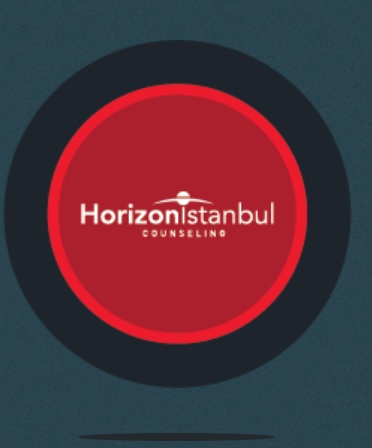
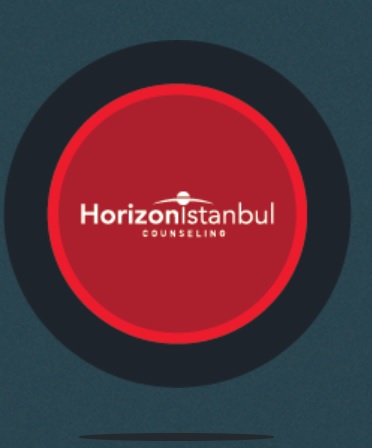
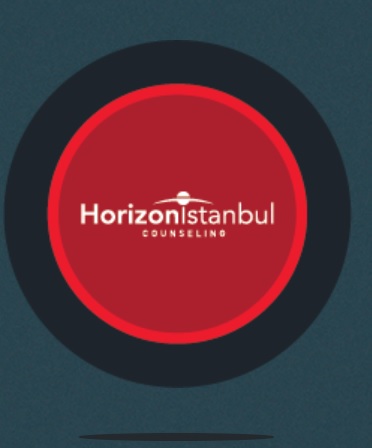
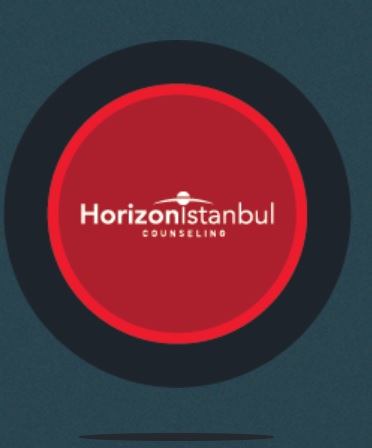
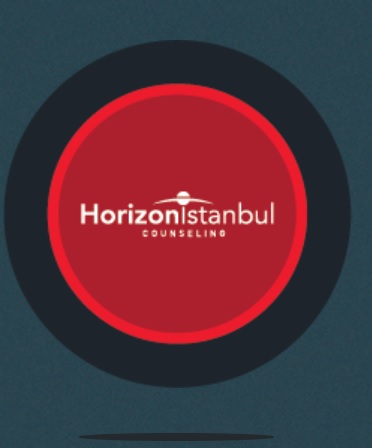

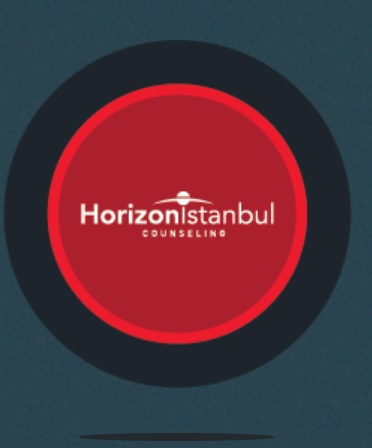
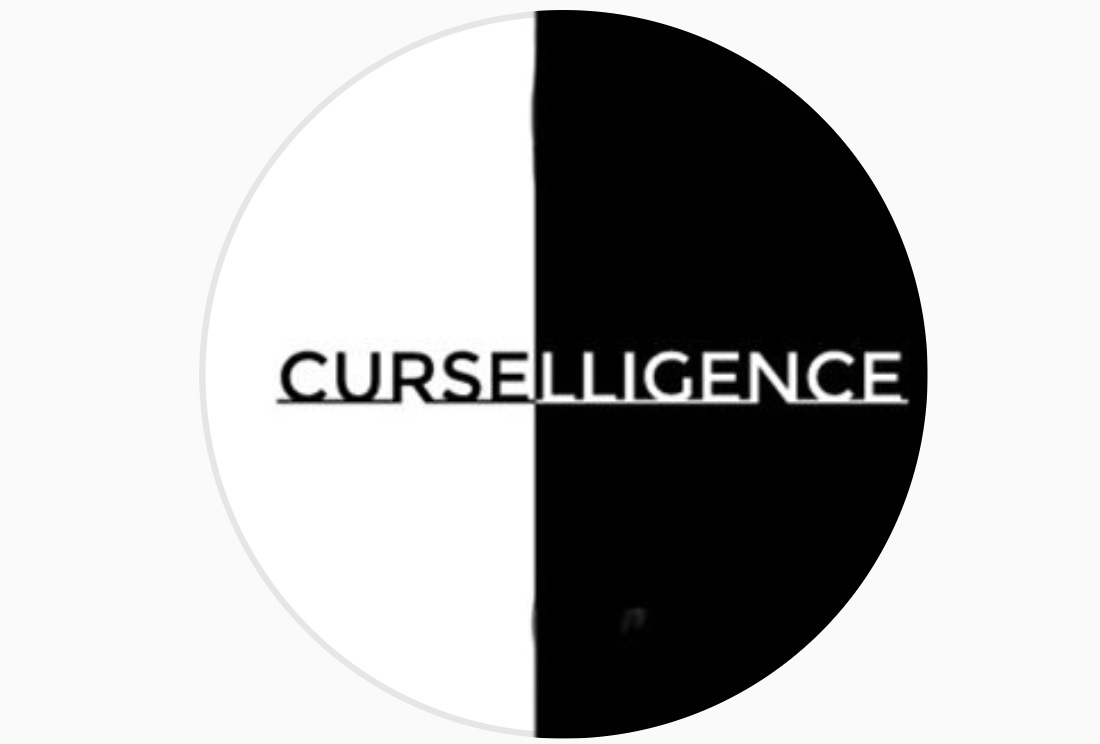
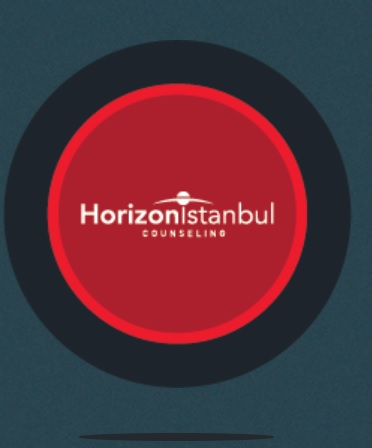

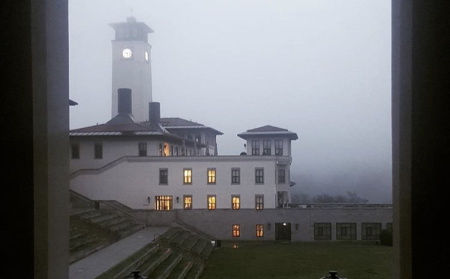

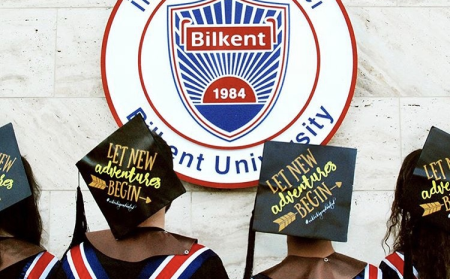

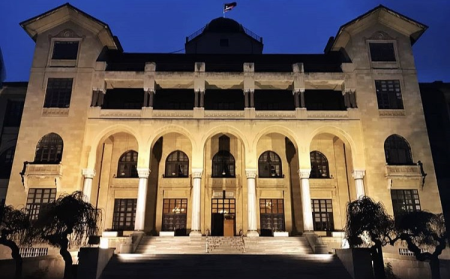





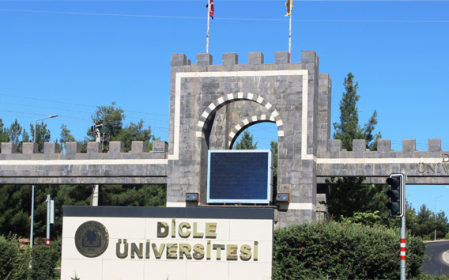

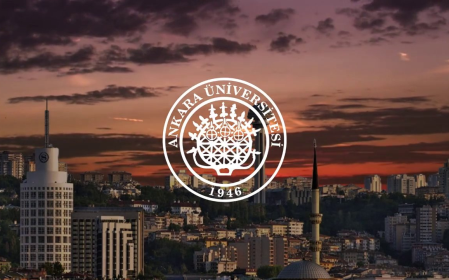




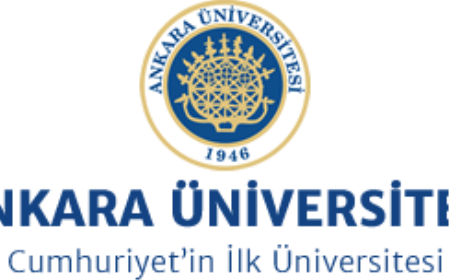
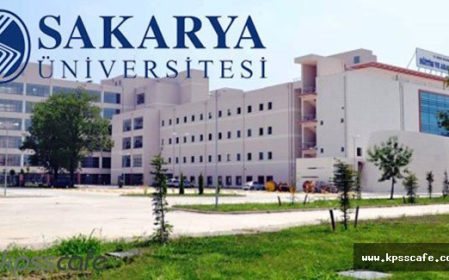

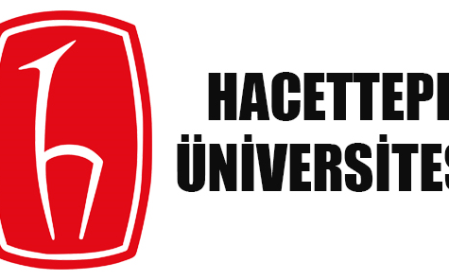

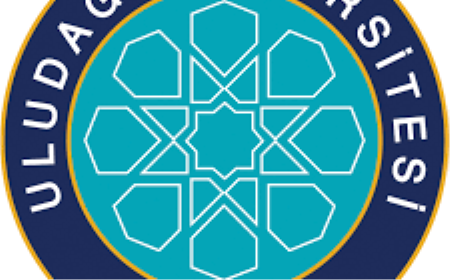
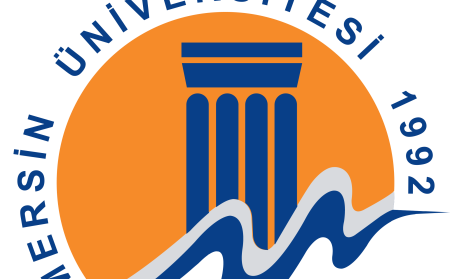


Comments